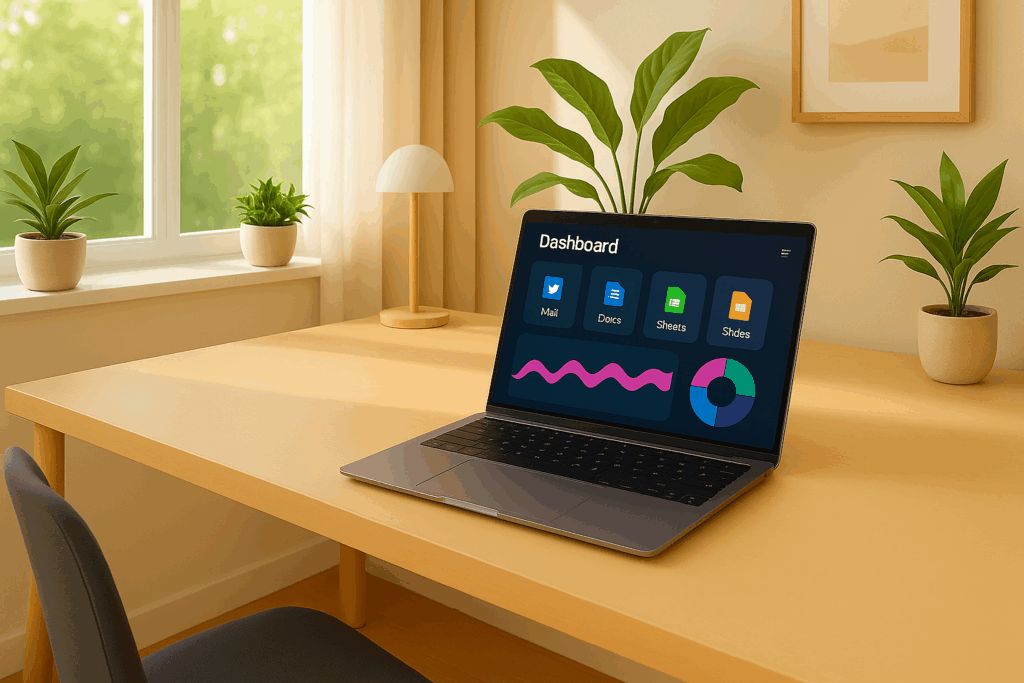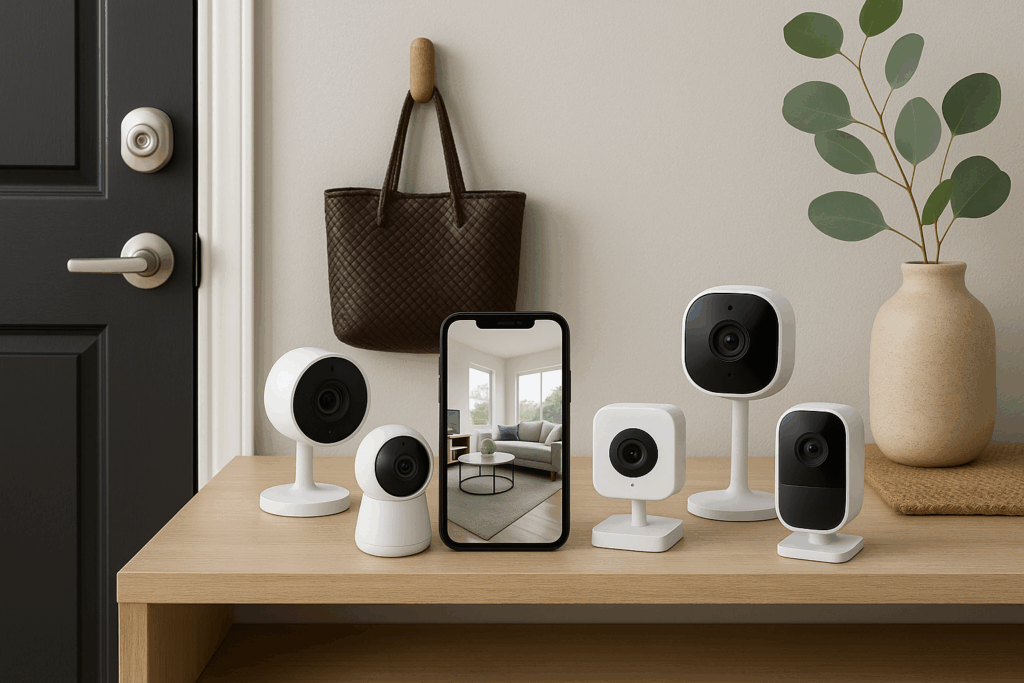Mornings set the tone for the rest of the day. It’s a cliché, but, well, there’s a reason so many successful people swear by their morning routines. In 2025, the pressure to “win the morning” is everywhere—social feeds full of sunrise yoga, cold plunges, and elaborate journaling rituals. But what actually works for most people? Is there a secret formula, or is it all just hype? I’ve spent months experimenting, talking to friends, and reading up on the latest research. Here’s what I’ve learned about building a morning routine that’s realistic, flexible, and genuinely makes life a little better.
Why Mornings Matter (But Not for Everyone)
Let’s get this out of the way: not everyone is a morning person. Some people thrive at night, and that’s perfectly fine. But for those who want to make the most of their mornings, a bit of structure can help. Studies show that people who start their day with intention—whether that’s exercise, planning, or just a quiet cup of coffee—tend to feel less stressed and more in control. I’ve noticed that on days when I roll out of bed and immediately check my phone, I’m more scattered and reactive. When I take even 10 minutes to pause and set an intention, the whole day feels different.
The Building Blocks of a Great Morning
There’s no one-size-fits-all routine, but a few elements show up again and again in the habits of people who report feeling energized and focused:
- Movement: This doesn’t have to mean a 5 a.m. workout. A short walk, some stretching, or even a few yoga poses can help shake off sleep and get blood flowing. I started with five minutes of stretching, and it made a bigger difference than I expected.
- Hydration: After hours of sleep, your body needs water. Some people swear by lemon water or herbal tea, but plain water works just fine. I keep a glass by my bed so I don’t forget.
- Mindful Moment: Meditation, journaling, or simply sitting in silence for a few minutes can help you check in with yourself before the day’s chaos starts. I’m not great at meditating, but jotting down three things I’m grateful for has become a habit I actually look forward to.
- Planning: Reviewing your calendar or writing a quick to-do list helps set priorities. I used to skip this step, but now I find that even a rough plan makes everything feel more manageable.
- Healthy Fuel: Skipping breakfast works for some, but if you wake up hungry, a balanced meal can help stabilize energy. I’m partial to overnight oats—easy to prep, hard to mess up.
Common Pitfalls (and How to Avoid Them)
It’s easy to get discouraged if your routine falls apart after a few days. Life happens. Maybe you oversleep, the kids get up early, or you just don’t feel like it. That’s normal. The key is flexibility. Instead of aiming for perfection, focus on consistency—doing something most mornings, even if it’s just one small thing.
Another trap is comparison. Social media makes it seem like everyone else has a flawless routine. In reality, most people are just doing their best. I’ve tried copying influencers’ routines, only to end up frustrated. The best routine is the one that fits your life, not someone else’s highlight reel.
Personalizing Your Routine: What Actually Sticks
Experimentation is your friend. Try different activities and see what feels good—then keep what works and ditch what doesn’t. Some people find that prepping the night before (laying out clothes, prepping breakfast) makes mornings smoother. Others need a slow start, with time to wake up gradually. There’s no wrong answer.
I’ve found that my ideal routine changes with the seasons. In winter, I need more time to wake up. In summer, I’m out the door for a walk as soon as the sun’s up. Give yourself permission to adjust and adapt.
Tools and Apps That Can Help (But Aren’t Required)
There are endless apps promising to optimize your mornings. Some are genuinely helpful—habit trackers, meditation guides, or smart alarms that wake you gently. But don’t let technology become another source of stress. Use tools that support your goals, not ones that make you feel guilty for missing a day.
A few worth considering:
- Sleep Cycle: Tracks your sleep and wakes you during a light phase.
- Headspace or Calm: Guided meditations for beginners and pros alike.
- Todoist or Google Keep: Simple, effective to-do lists.
When It’s Okay to Break the Routine
Life isn’t always predictable. Travel, illness, or just a rough night’s sleep can throw off even the best-laid plans. That’s fine. The point of a routine is to support you, not to become another source of pressure. Some of my best mornings have been the unplanned ones—slow coffee, a little music, and a few extra minutes in bed.
Final Thoughts: Progress, Not Perfection
Building a productive morning routine in 2025 isn’t about following a strict script. It’s about finding small habits that make you feel more grounded, focused, or just a little happier. Some days will go smoothly, others won’t. That’s normal. The real value is in showing up for yourself, day after day, and adjusting as you go. If you’re still searching for the right routine, keep experimenting. The best mornings are the ones that work for you—even if they don’t look perfect on Instagram.



Thank you for every other informative website. The place else could I am getting that type of information written in such an ideal approach? I’ve a project that I’m simply now operating on, and I’ve been at the look out for such info.